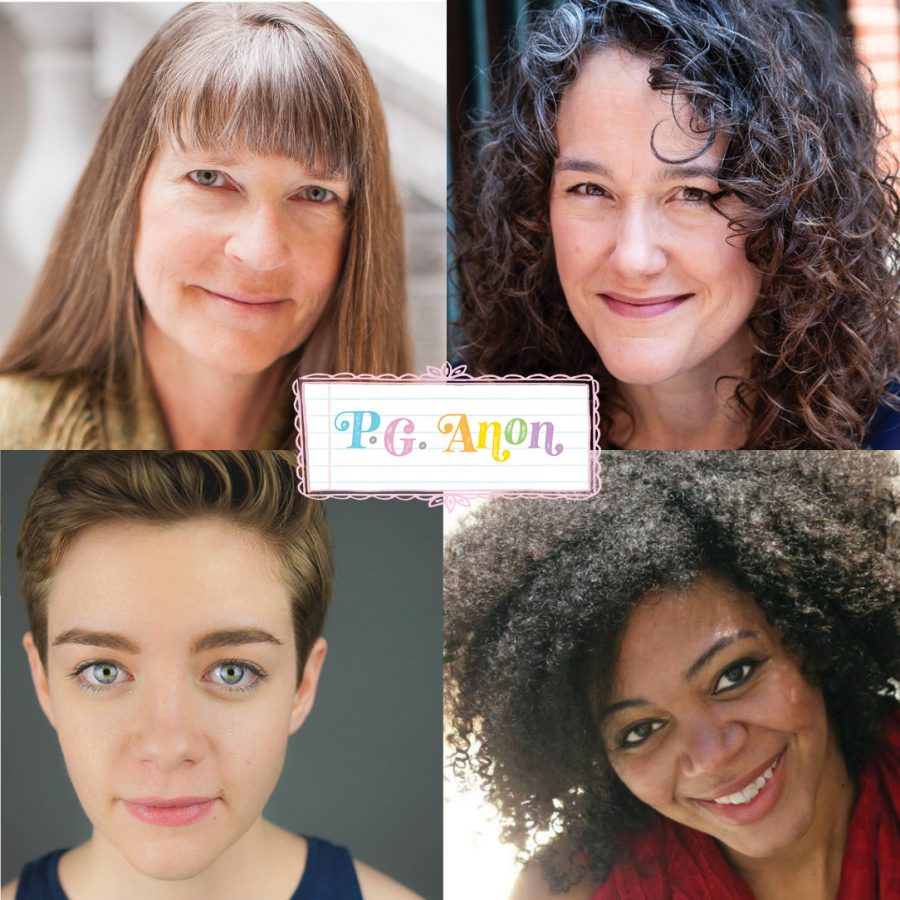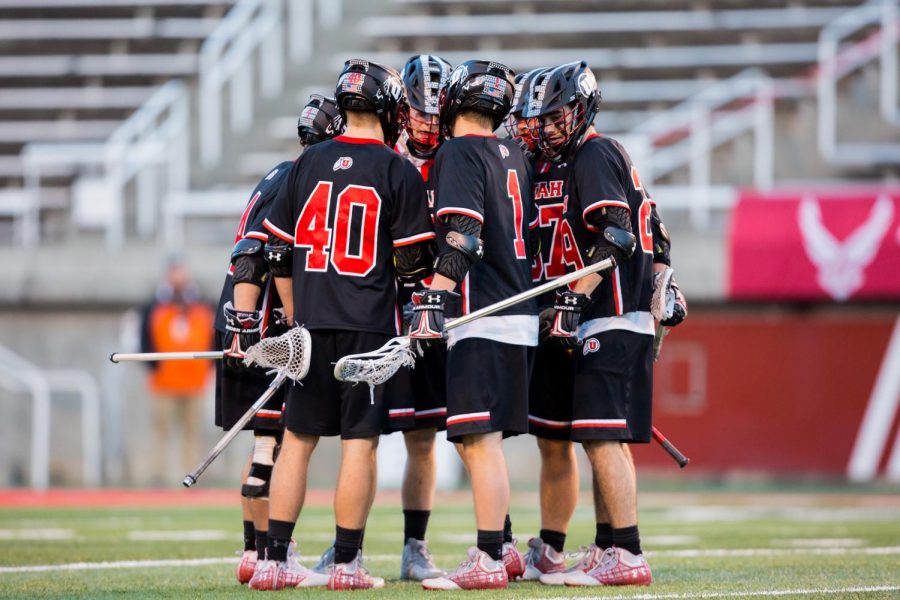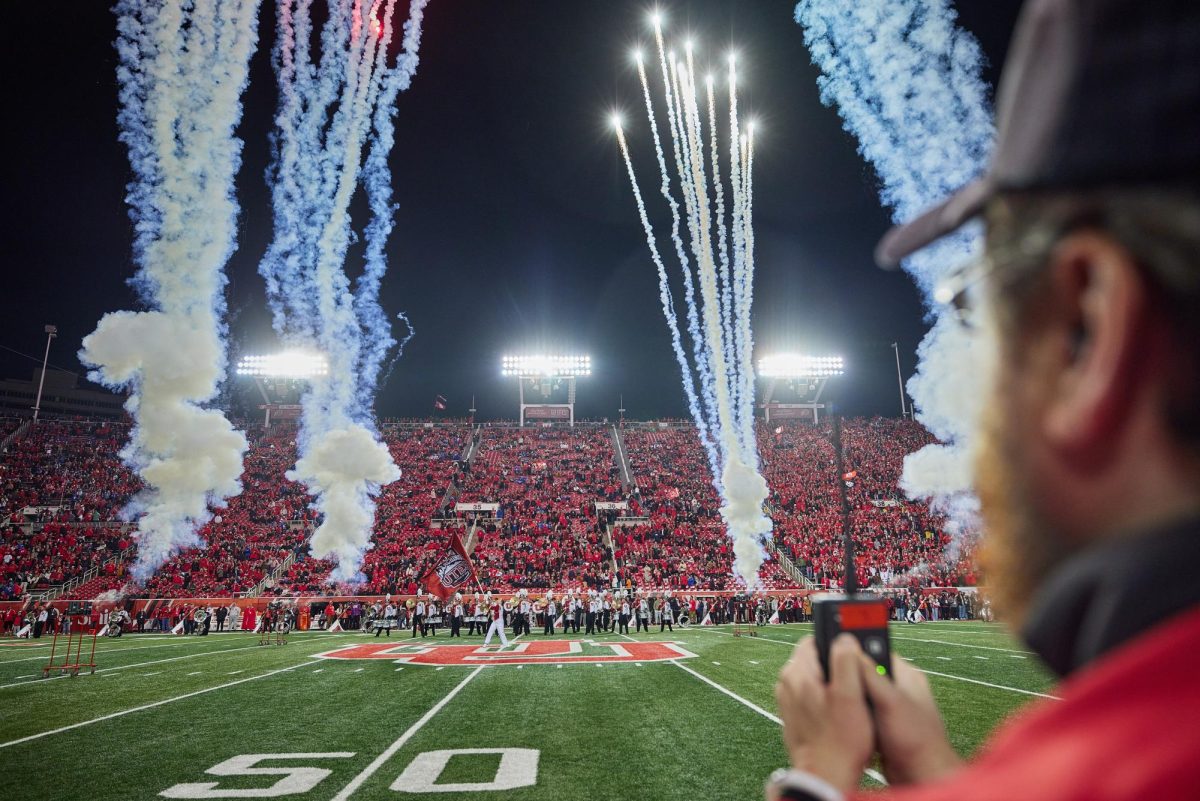Plan-B Theatre Releases Plans for an Audio-Only Season
Director Cheryl Cluff, Actors Tracie Merrill, Sydney Shoell, Latoya Cameron, all in “P.G. ANON,” the first play in Plan-B’s upcoming season | Courtesy of Plan-B Theatre
January 31, 2021
When Plan-B Theatre’s playwrights began work on the 2020-21 season, they had visions of live performances, stage blocking, big audiences and, ultimately, lots and lots of face-to-face interaction.
Enter stage left, COVID-19.
Within days of the worldwide shutdowns, arts organizations were feeling the pressure. They grappled with the big questions: should we reopen? How can we do so safely, for both crews and audiences? Can the show really go on?
For Plan-B Theatre, the answer was a resounding “yes,” but not in a way one might think — an audio-only subscription series.
The Decision to Go Audio-Only
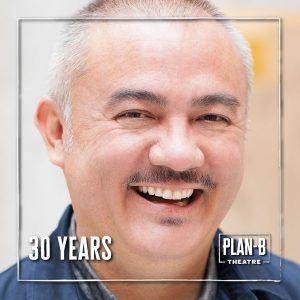
“We never seriously considered canceling the season,” said Jerry Rapier, Artistic Director for Plan-B.
“We didn’t want to ask any patrons to do anything that we wouldn’t do ourselves. We were uncomfortable even considering sitting in a theater,” Rapier said.
He began brainstorming with Cheryl Ann Cluff, the Managing Director. Her decades of audio experience, from directing all 14 episodes of the company’s Radio Hour podcast to sound design on nearly every Plan-B project, made the decision clear.
“We realized we had an option that a lot of people didn’t have — audio drama,” said Rapier. “With the county restrictions on our facility, the restrictions with Actors’ Equity, and our commitment to putting artist safety first, we had to consider remote options for rehearsal and recording.”
Cluff and Dave Evanoff, another audio engineer, are working to send recording kits to actors, as teams pick up rehearsals via a combination of Telegram and Zoom. And, although building sets have been replaced by exchanging SD cards, Rapier and Cluff committed to paying portions of the would-be contracts to physical artists like set designers, costume and props.
Now, anyone, anywhere, can experience Plan-B’s world premieres. “No one has to make a value judgment over whether it’s worth the health risk,” Rapier said. “There is no risk.”
What’s Lost and What’s Gained
The shift to audio is about more than practicality, though.
“After rewriting for audio, some of these writers have found magic in the plays that wasn’t there before,” said Rapier.
“It’s true that we’re giving up some things — the power of a silent, strong walk downstage, or a pensive look from one character to another,” he said. “But we gain so much. A group of people can listen to one of these plays together and have a completely different experience because they have to create it in their minds.”
Impact on the Playwrights
The upcoming plays came from a wide range of experiences — some seasoned playwrights with productions in the double digits, one with years of writing for audio, and many with brand new creative careers.
For the Seasoned Writers
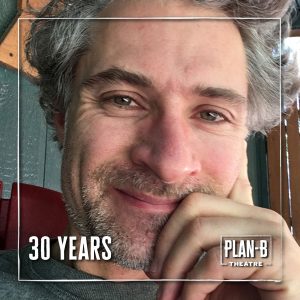
The shift from theatre you see, to theatre you hear, wasn’t a big one for Matthew Ivan Bennett — a resident playwright for stage and radio and at Plan-B, and author of “ART & CLASS.”
“[M]y writing aesthetic has trended toward the aural and away from the visual,” he said. “The characters in ‘ART & CLASS’ argue a lot about the paintings, but I actually like the idea of people listening to the play and not seeing them (in projections or whatever). I hope that they’ll burn with curiosity to look up the paintings after they hear the play.”
Julie Jensen’s vulnerable and visual “P.G. ANON” was designed especially for the stage, and the idea of rewriting was daunting.
For the Newbies
Dee-Dee Darby-Duffin’s play is one of four in “LOCAL COLOR,” the premiere of a series of work from first-time writers in the Theatre Artists of Color Writing Workshop.

“This season had a lot of firsts for us,” said Darby-Duffin. “We learned how to write for stages and put ideas on paper, how to write to be seen…and then everything changed.”
Darby-Duffin had limited audio experience but decided to approach the new challenge with confidence.
“I’m not nervous,” she said. “I get to define what success looks like for me. I wrote a play and got it produced, and I feel pretty successful.”
Chris Curlett, another member of the writing workshop, is using the shift to audio performances as a chance to expand his creative reach.
“We’re dealing with the disappointment of the productions being in a different format than we’d geared up for, but also the curiosity of what this will end up looking like,” he said.

Curlett’s short play, “GUISE,” tells the story of expectation versus reality when it comes to race, gender and identity in human interaction — a story that may seem more difficult to tell through audio alone.
“There are so many creative ways to present work to people,” he said. “It’s cool to be on a pioneering edge, but it’s also nerve-wracking. I’m taking it one step at a time.”
Tatiana Christian and Tito Livas, the final pieces of “LOCAL COLOR” are looking forward to hearing their plays and their peers’, despite all of the challenges.
“When I heard that the plays would be audio-only, I was really excited,” Christian said. “You can’t see anything, but since I love audio dramas I trust sound to paint the perfect picture.”
“I’m just so grateful that the season is happening at all,” Livas said. “In a time when so many theaters are closed and unable to help artists, Plan-B is doing all it can to take care of its people. It’s pushed us to be more creative, think outside of the box and overall has made us more well-rounded writers.”
Season Information
Plan-B’s 2020-21 season includes three world premieres: “P.G. ANON” by Julie Jensen (Feb. 25 – March 7); “ART & CLASS” by Matthew Ivan Bennett (April 15 – 25) and “LOCAL COLOR,” a collection of plays by Tatiana Christian, Chris Curlett, Dee-Dee Darby-Duffin and Tito Livas (June 3 – 13).
Tickets follow a “name your price” model for each show or $57 for the total subscription package. Purchase streaming access, download the app, and learn more about Plan-B Theatre, on their website.


